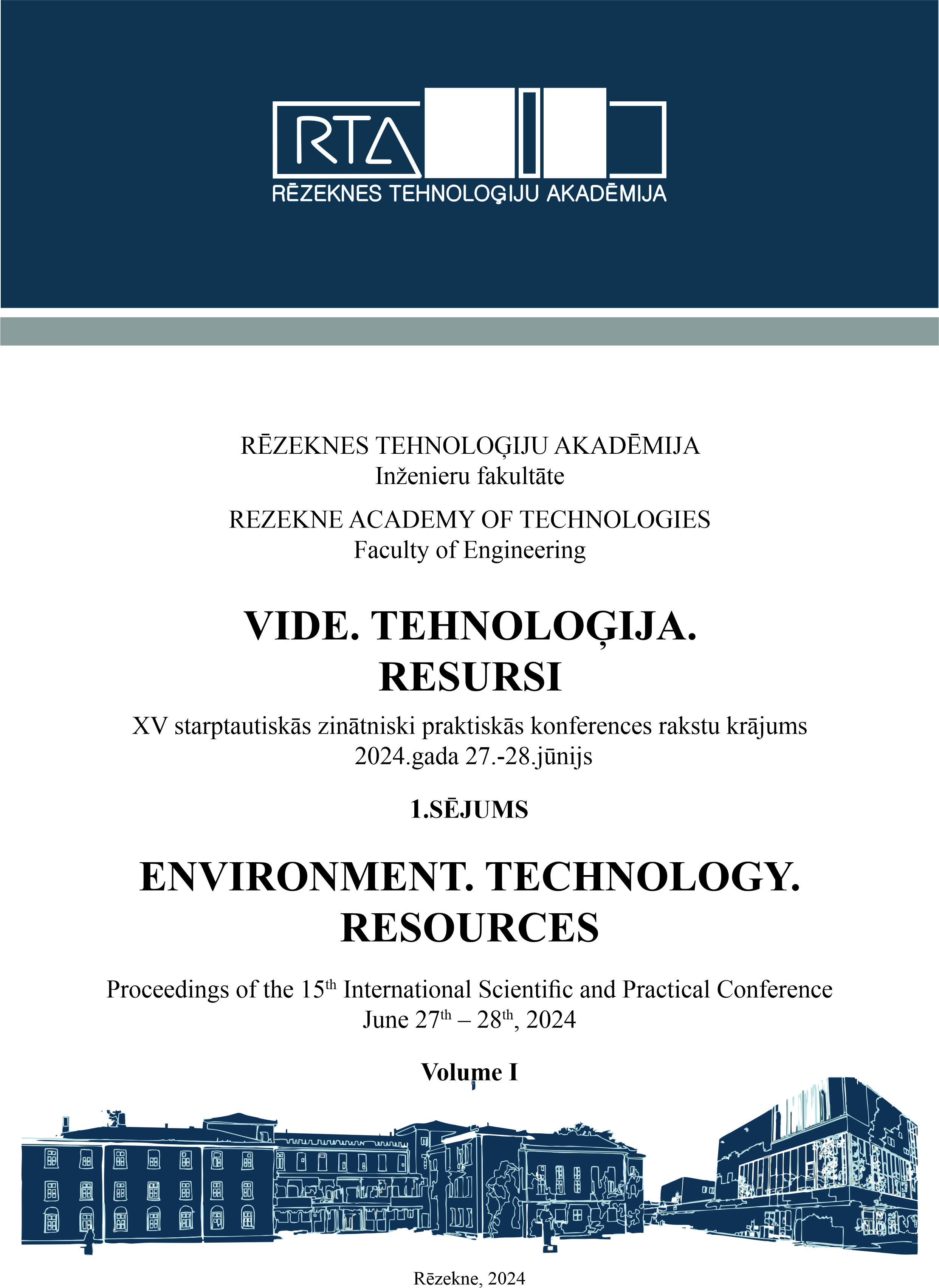ADVANCING SUSTAINABILITY: THE ROLE OF GREEN ECONOMY IN ENVIRONMENTAL CONSERVATION AND RESOURCE MANAGEMENT
DOI:
https://doi.org/10.17770/etr2024vol1.7998Keywords:
Green economy, Sustainability, Environmental conservation, Resource management, Climate change, Socio-economic developmentAbstract
The global community faces unprecedented challenges in balancing economic development with environmental preservation and resource management. The concept of a green economy emerges as a promising solution, integrating sustainable practices into economic systems to foster environmentally friendly growth. This article examines the principles, benefits, and challenges of the green economy paradigm, exploring its potential to mitigate climate change, conserve natural resources, and promote socio-economic well-being. Through a comprehensive review of existing literature and case studies, this paper highlights the transformative power of green economy initiatives and outlines key strategies for its successful implementation in environment and resource management.
References
Loiseau, E., Saikku, L., Antikainen, R., Droste, N., Hansjürgens, B., Pitkänen, K., ... & Thomsen, M. (2016). Green economy and related concepts: An overview. Journal of cleaner production, 139, pp 361-371. https://doi.org/10.1016/j.jclepro.2016.08.024.
Shapiro, S. A., & Verchick, R. R. (2017). Inequality, social resilience, and the green economy. UMKC L. Rev., pp 86, 963.
World Health Organization. (2012). Health in the green economy: health co-benefits of climate change mitigation-transport sector. World Health Organization.
Perrings, C. (1998). Resilience in the dynamics of economy-environment systems. Environmental and Resource Economics, 11, pp 503-520. https://doi.org/10.1023/A:1008255614276
Barbier, E. (2011, August). The policy challenges for green economy and sustainable economic development. In Natural resources forum (Vol. 35, No. 3, pp. 233-245). Oxford, UK: Blackwell Publishing Ltd.
Babonea, A. M., & Joia, R. M. (2012). Transition to a green economy-a challenge and a solution for the world economy in multiple crisis context. Theoretical & Applied Economics, 19(10).
Mundaca, L., Neij, L., Markandya, A., Hennicke, P., & Yan, J. (2016). Towards a Green Energy Economy? Assessing policy choices, strategies and transitional pathways. Applied Energy, 179, pp 1283-1292. https://doi.org/10.1016/j.apenergy.2016.08.086.
Loring, J. M. (2007). Wind energy planning in England, Wales and Denmark: Factors influencing project success. Energy policy, 35(4), pp 2648-2660. https://doi.org/10.1016/j.enpol.2006.10.008.
Canzler, W., & Wittowsky, D. (2016). The impact of Germany's Energiewende on the transport sector–Unsolved problems and conflicts. Utilities Policy, 41, pp 246-251. https://doi.org/10.1016/j.jup.2016.02.011.
Sanchez, R. V. (2018). Conservation strategies, protected areas, and ecotourism in Costa Rica. Journal of Park and Recreation Administration, 36(3), pp 115-128. https://doi.org/10.18666/JPRA-2018-V36-I3-8355
Walker, A. M., Opferkuch, K., Lindgreen, E. R., Simboli, A., Vermeulen, W. J., & Raggi, A. (2021). Assessing the social sustainability of circular economy practices: Industry perspectives from Italy and the Netherlands. Sustainable Production and Consumption, 27, pp 831-844. https://www.mdpi.com/2071-1050/9/6/919/pdf-vor
Siva, V., Hoppe, T., & Jain, M. (2017). Green buildings in Singapore; analyzing a frontrunner’s sectoral innovation system. Sustainability, 9(6), p919.
Schiffer, E. (2004). Community based natural resource management in Namibia: how does it influence local governance? (Doctoral dissertation, Bochum, Univ., Diss., 2004).
Downloads
Published
Issue
Section
License
Copyright (c) 2024 Delyan Plachkov

This work is licensed under a Creative Commons Attribution 4.0 International License.



